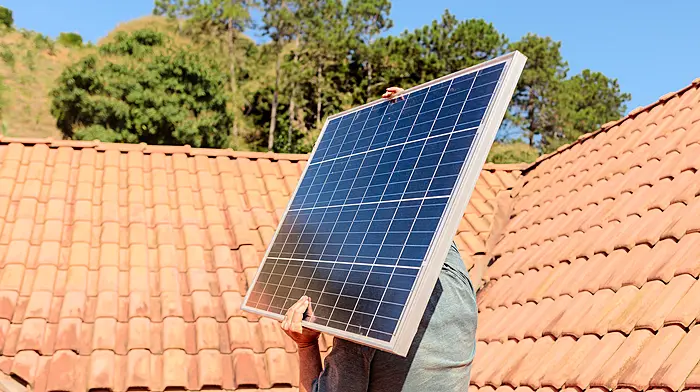THE annual coastal litter survey by the Irish Business Against Litter (IBAL) group shows that, along with coffee cups, soft drinks cans, and cigarette butts, there is a new menace in litter terms: the single-use vape. The IBAL said the survey showed that disposable vapes are now ‘an emerging form of litter’, encountered in 1 in 7 of all visits, making them significantly more common on our beaches than on our streets. ‘This time last year we were not seeing this form of litter at all, so its rapid emergence is worrying. So, too, is its impact on our environment,’ warned Conor Horgan of the business group.
As a result, IBAL has now called for the banning of disposable vapes, which, it contends, run counter to the notion of a circular economy. ‘Vapes contain electronics, chemical waste, and single-use plastic which breaks down into microparticles, endangering sea life,’ said Conor. ‘At a time when we are urgently trying to reduce plastic pollution in our oceans, the emergence of vapes is concerning.’
This wasn’t the first time that vapes made the Irish news recently. A few days earlier, Joe Duffy’s RTÉ show Liveline spent an amount of time discussing the rise in vaping shops – with one caller saying her small village had eight shops selling vapes. When first launched, vapes were being sold as a less-offensive substitute for conventional cigarettes, which could help addicted smokers to switch to a less harmful habit. There is not sufficient research available yet to show just how harmful vaping is, but many users have suggested they are now addicted to these e-cigarettes. First introduced in the early noughties, it is estimated that there could be close to 100m users of vapes in the world today. There is no doubt that it is big business. Many of the most popular brands in the world are owned by tobacco firms which feared their profits would fall dramatically when countries, like Ireland, began introducing smoking bans. In March 2004, Ireland became the first country in the world to introduce laws banning smoking in workplaces, including bars and restaurants. The ban was the brainchild of then-Health Minister Micheál Martin, who said earlier this year that he had to battle the tobacco firms for a long time, and that they had engaged all the best lawyers in Dublin to try and combat his plans. He now believes that vapes are the tobacco industry’s ‘revenge’ on smoking bans. In April of this year, vaping company Juul Labs was ordered to pay the State of West Virginia $7.9m to settle a lawsuit alleging the company marketed products to underage users.
The lawsuit accused Juul of engaging in unfair or deceptive practices in the design, manufacturing, marketing, and sale of e-cigarettes. The case revealed that a 2020 report released by West Virginia health officials found that more than 60% of high school students in the State had tried e-cigarettes in 2019, up from 44% in 2017. That was a remarkable rise in the use of vapes in just two years, and it is shocking to imagine how that number has no doubt jumped since. There are anecdotal stories of children under 10 being regular ‘vapers’ now, even though the government has said it will shortly introduce a ban on the sales of vapes to under-18s. But where does that leave children and teenagers who already feel addicted? Since October 2021, Australia has banned all nicotine vaping products from stores, so they can only be purchased with a doctor’s prescription.
Anyone who has watched the excellent film The Insider about the tobacco industry whistleblower or, more recently, Dopesick or Painkiller about the disgusting Sackler family behind the addictive painkiller Oxycontin, must be wondering if the next whistleblower series will be about the vaping industry. It’s not like we don’t know that putting chemicals into our mouths or inhaling them through an electronic device may not be the epitome of health, so why are we being so slow to sit up and take notice?
Tidy towns committees, other voluntary groups, and the Clean Coasts organization are all striving to keep our beaches clean and ensure that no litter ends up in the seas, where thousands of sea creatures are being killed every year by man’s insatiable appetite for waste. The IBAL survey has shown that vapes are starting to be a real issue. Should we wait, like everything else, until the situation is totally out of control, before we clamp down on what is already a menace?










